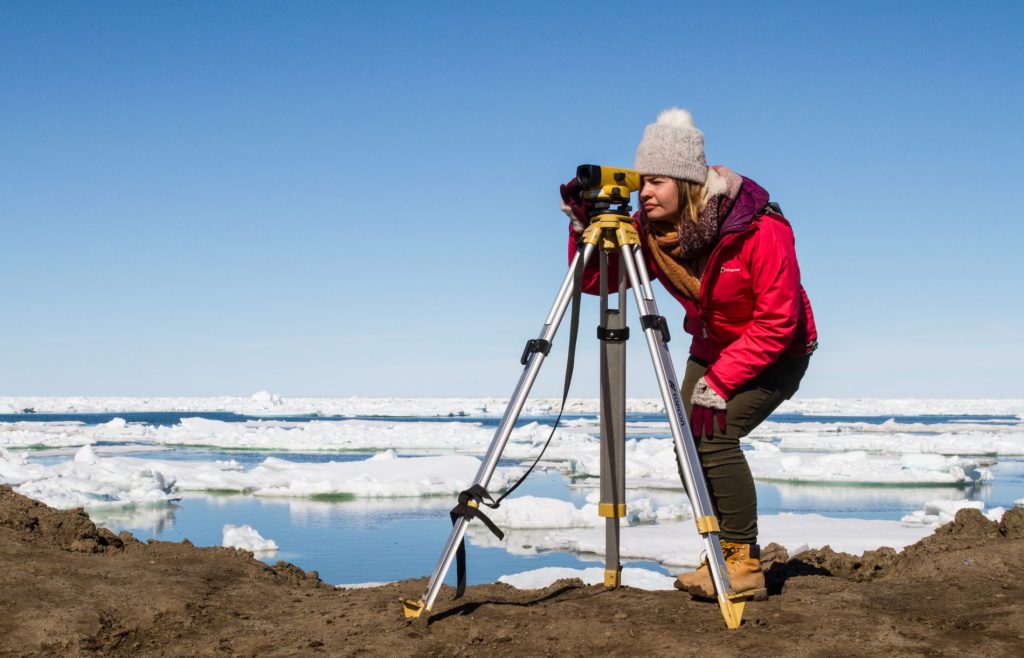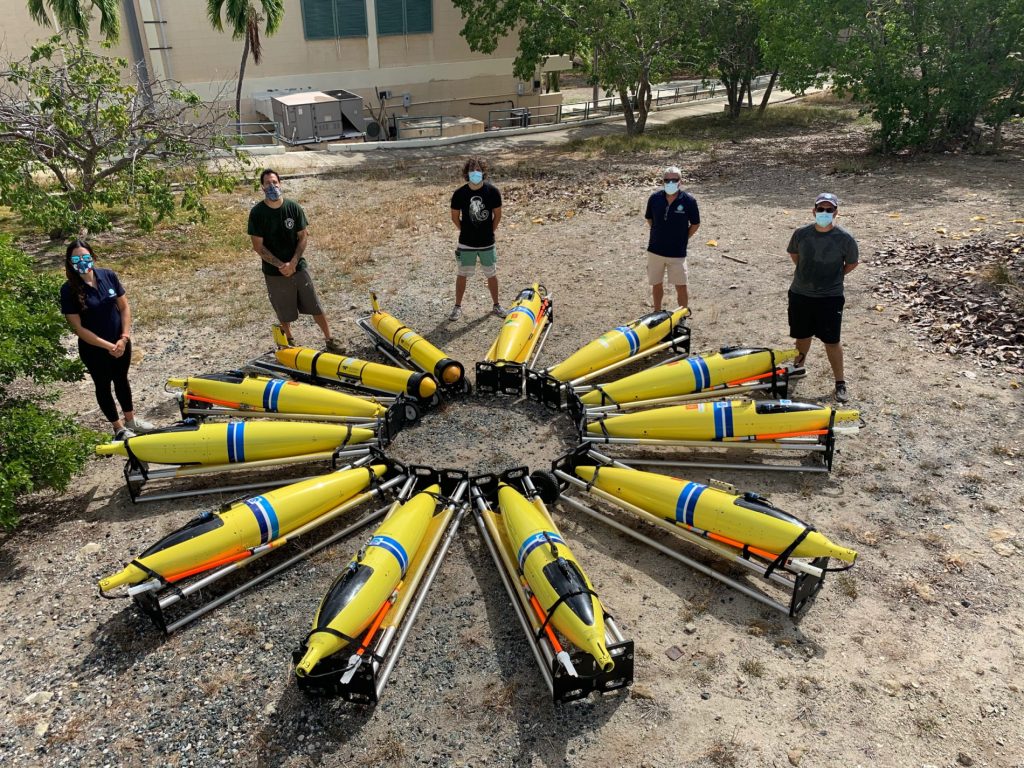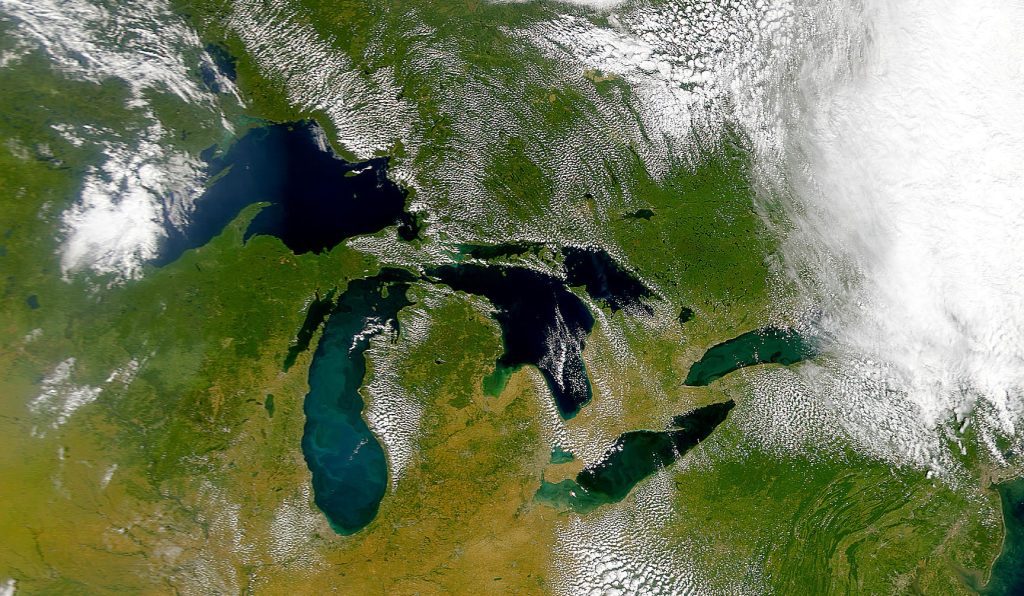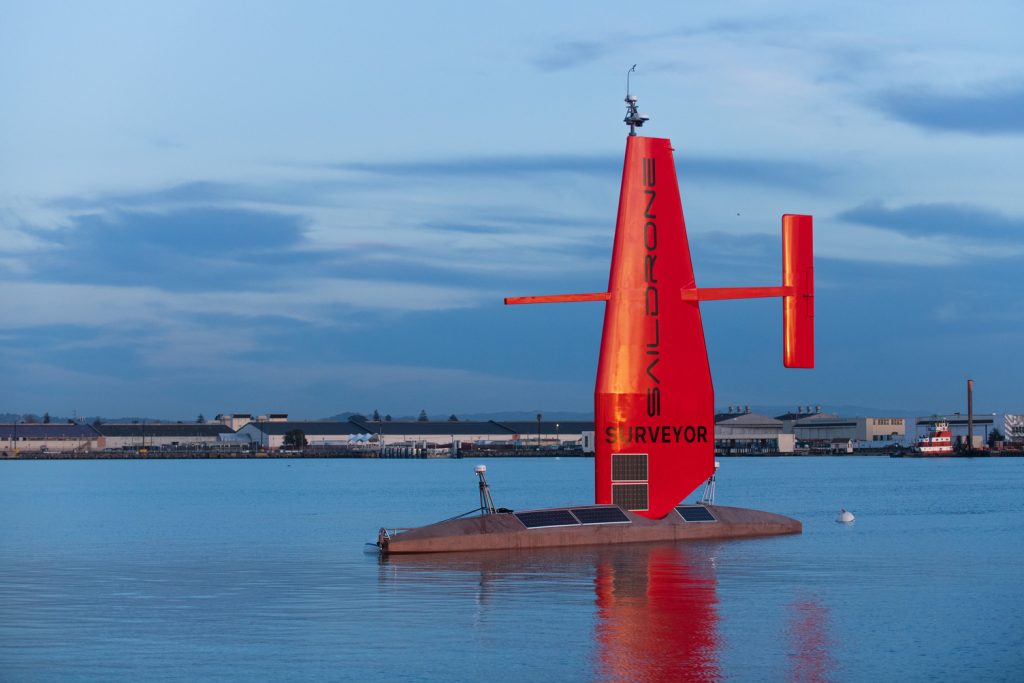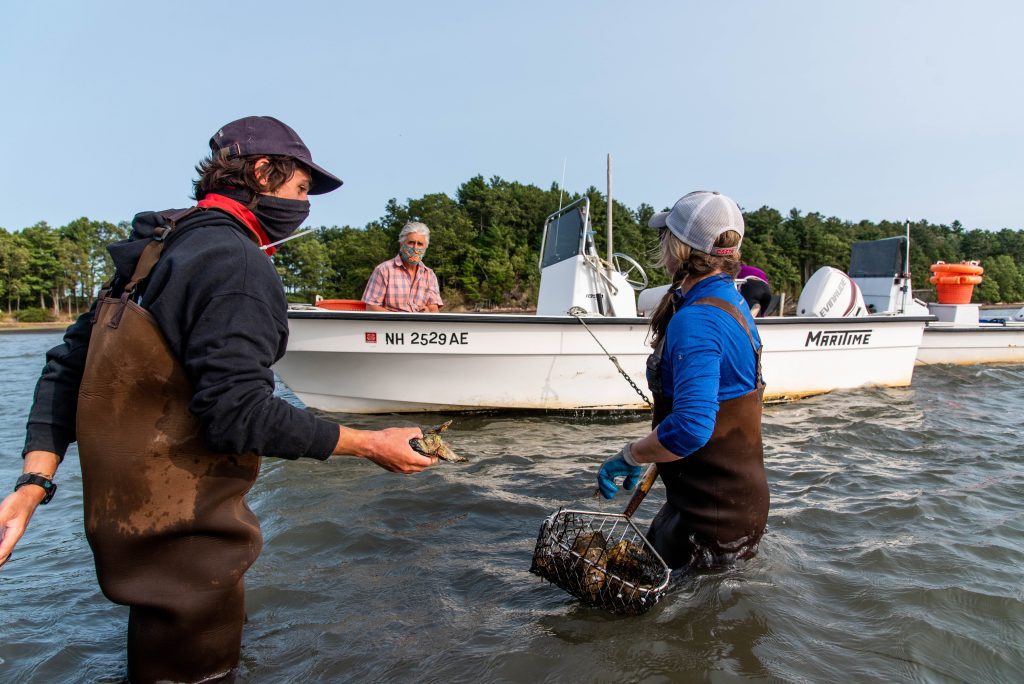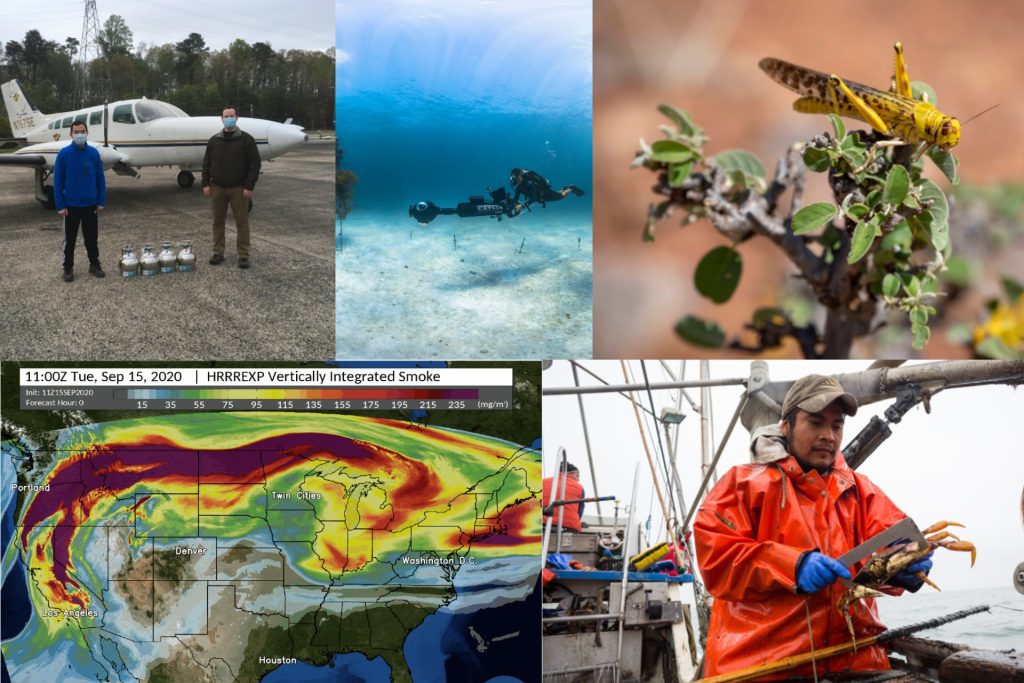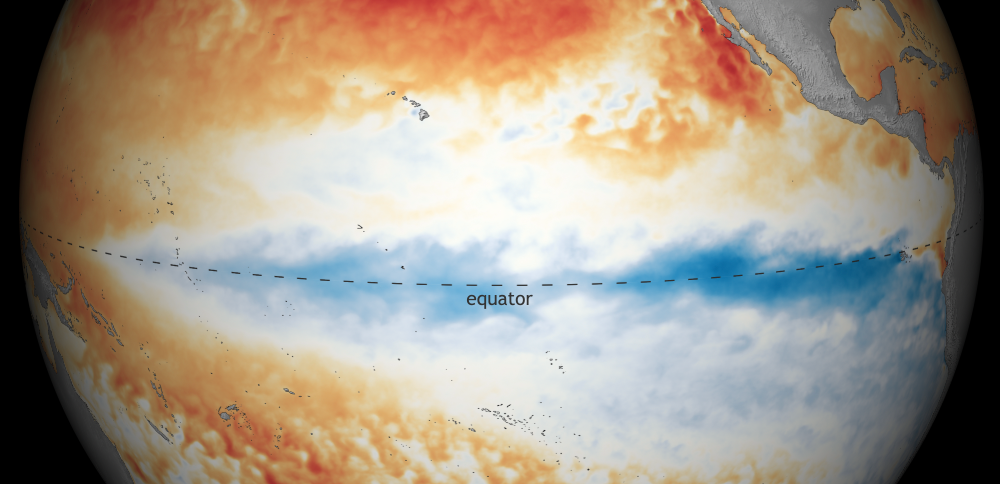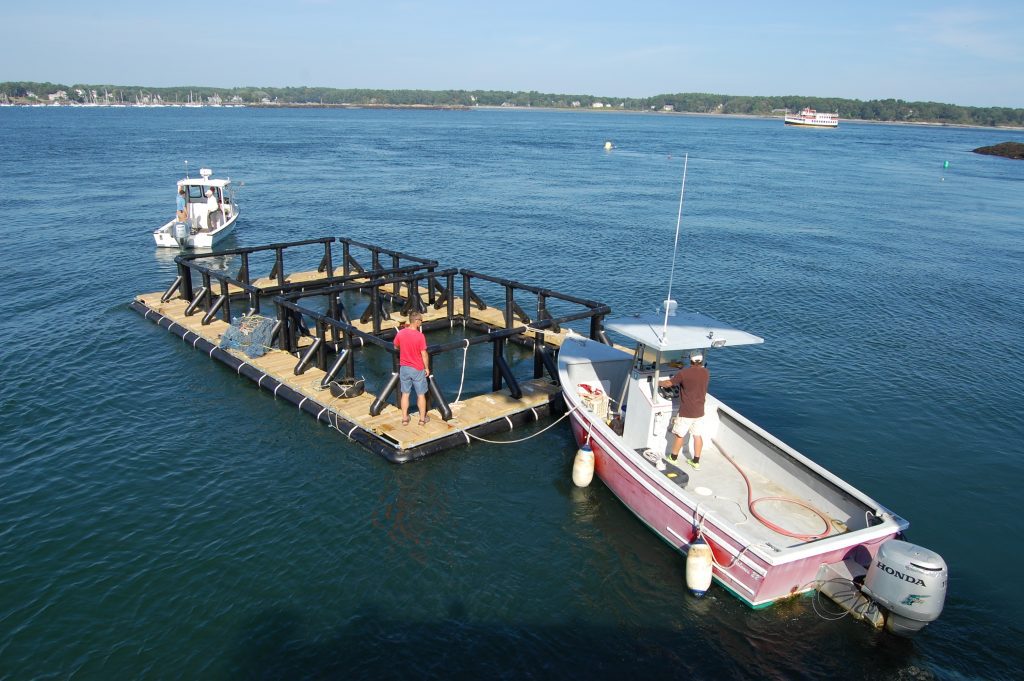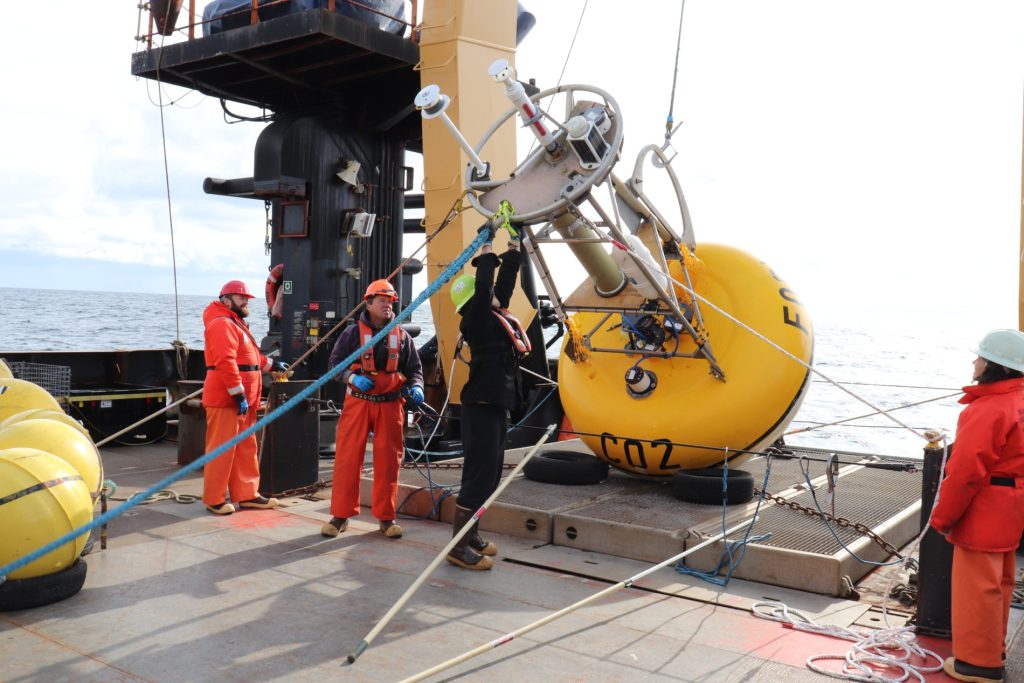5 ways NOAA scientists are answering big questions about climate change
From warmer ocean temperatures to longer and more intense droughts and heat waves, climate change is affecting our entire planet. Scientists at NOAA have long worked to track, understand and predict how climate change is progressing and impacting ecosystems, communities and economies.
5 ways NOAA scientists are answering big questions about climate change Read More >
